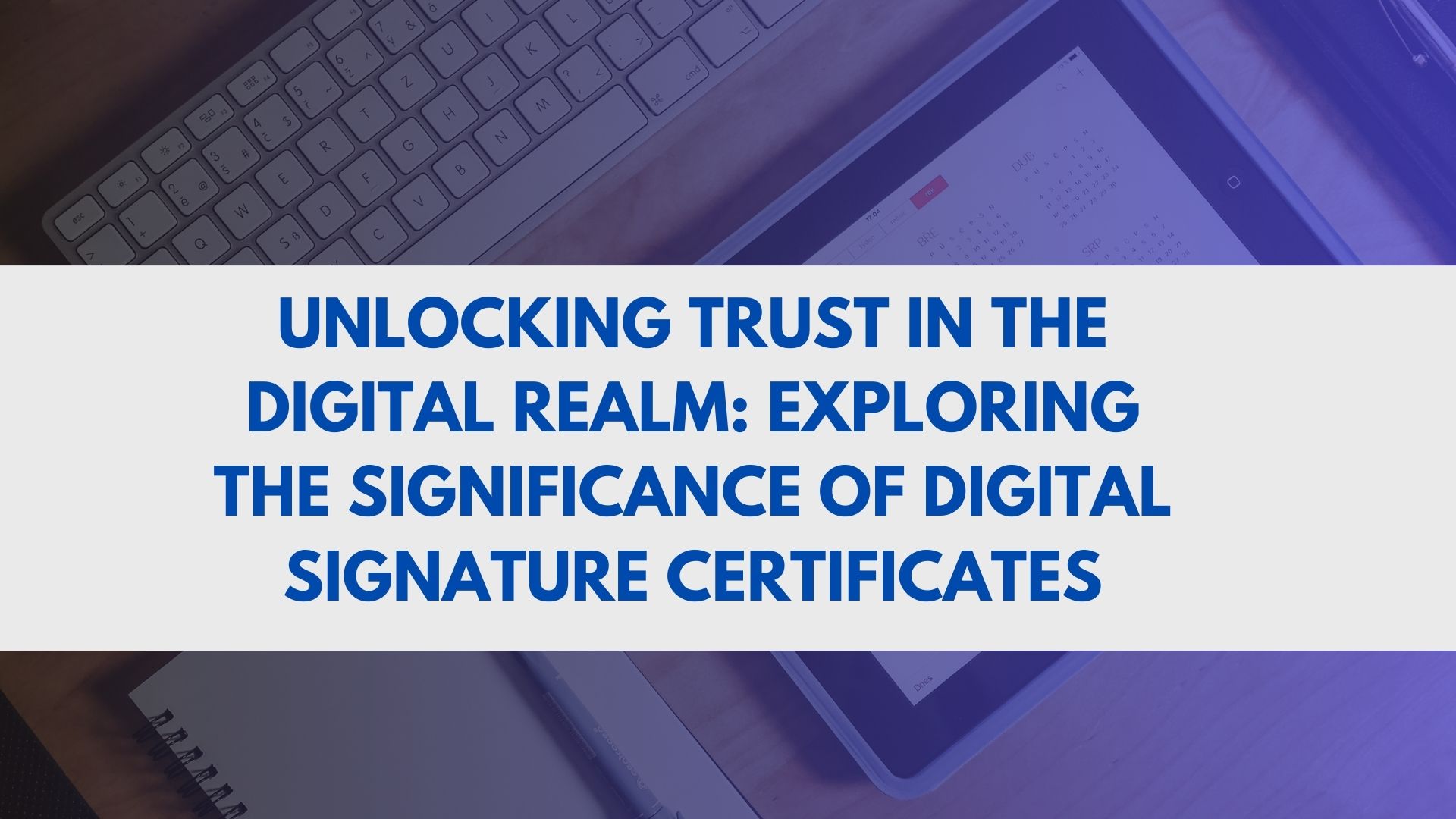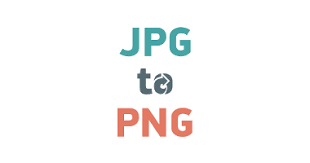Introduction
In an era dominated by digital transactions and virtual interactions, the concept of trust has transcended physical boundaries, finding its new home in the digital realm. Amidst this paradigm shift, Digital Signature Certificates (DSCs) have emerged as a linchpin for securing online communications, transactions, and data exchanges. This article delves into the intricacies of Digital Signature Certificates, shedding light on their importance, functionality, and the pivotal role they play in fostering trust in the vast expanse of the digital world.
Understanding Digital Signature Certificates
At its core, a Digital Signature Certificate is a cryptographic key that validates the authenticity and integrity of digital messages or documents. Essentially, it serves as the digital counterpart of a handwritten signature or a stamped seal, assuring the parties involved that the information has not been tampered with and originates from the expected source.
The Mechanism Behind DSCs
Digital Signature Certificates operate on the principles of public-key cryptography. Each certificate consists of a public key, a private key, and information about the owner. The private key, known only to the certificate holder, is used to create the digital signature, while the public key is made available to verify the signature. This intricate dance of keys ensures a secure and tamper-proof method of validating digital interactions.
Applications Across Industries
Digital Signature Certificates find utility across various sectors, including finance, healthcare, legal, and government. In financial transactions, DSCs authenticate the identity of parties involved in online banking or e-commerce, instilling confidence in users to carry out transactions without fear of fraud. In the healthcare sector, digital signatures are employed to secure electronic health records and ensure the confidentiality and integrity of sensitive patient information.
Legality and Compliance
One of the critical aspects of Digital Signature Certificates is their legal standing. Many countries recognize DSCs as legally binding and admissible in court. Compliance with regulatory frameworks, such as the eIDAS Regulation in the European Union, ensures that digital signatures hold legal equivalence to their handwritten counterparts, reinforcing the trustworthiness of digital transactions.
Challenges and Security Concerns
While DSCs provide a robust security framework, challenges and concerns persist. Key management, secure storage of private keys, and the potential compromise of digital identities pose threats to the efficacy of digital signatures. Ongoing advancements in encryption technologies and security protocols are crucial in addressing these challenges to maintain the integrity of digital interactions.
Emerging Technologies and Future Prospects
As technology continues to evolve, the landscape of digital signatures also undergoes transformation. Blockchain, for instance, has emerged as a potential disruptor, providing decentralized and immutable ledgers that enhance the security of digital signatures. The integration of artificial intelligence and machine learning further fortifies the identification and prevention of fraudulent activities.
Suggested Read: Digital Signature Certificate for Trademark Registration
Conclusion
In a world where the virtual and the physical converge seamlessly, Digital Signature Certificates stand as guardians of trust in the digital realm. Their role in securing transactions, authenticating identities, and ensuring the integrity of data is indispensable. As technology evolves and challenges arise, the continued refinement of digital signature systems will be pivotal in unlocking and sustaining trust in the vast and dynamic landscape of the digital world.







